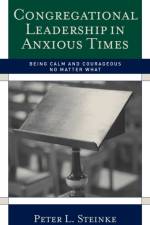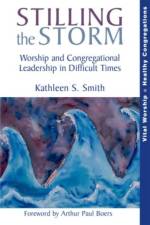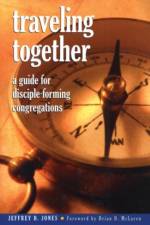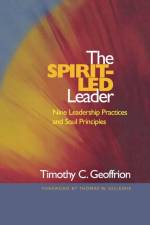- A Vision for New Spiritual Community
av Marcia Barnes Bailey
381
Like many clergy, Marcia Barnes Bailey began her work as an ordained leader with a vision of the pastor as leader extraordinaire, empowered by education, authority, position, and resources. She soon found herself thinking: "There has to be another way." In this book, Bailey invites pastors and congregations to a new understanding of ministry, leadership, and the church that challenges hierarchy by fully sharing responsibilities, risks, and rewards in mutual ministry. This model took shape over 10 years as Bailey, pastoral colleague Marcus Pomeroy, and the congregation they served began writing their own definition of partnership--creating their own map, trusting their own instincts, making their own mistakes. For Bailey, this kind of partnership began when she discovered the courage to listen to herself and to the Spirit for the inklings of another way--to incarnate Jesus's example, a ministry that was widely inclusive, delegated power, shared authority, and thrived with the multiplication of gifts. Partnership invites us on a journey that can transform us as leaders, as human beings, and as the church. It is challenging and exciting, and it requires hard work. It is also energizing, engaging, and empowering. Partnership unleashes the Spirit to create a new vision and reality among us, moving us one step closer to living into God's reign.






























